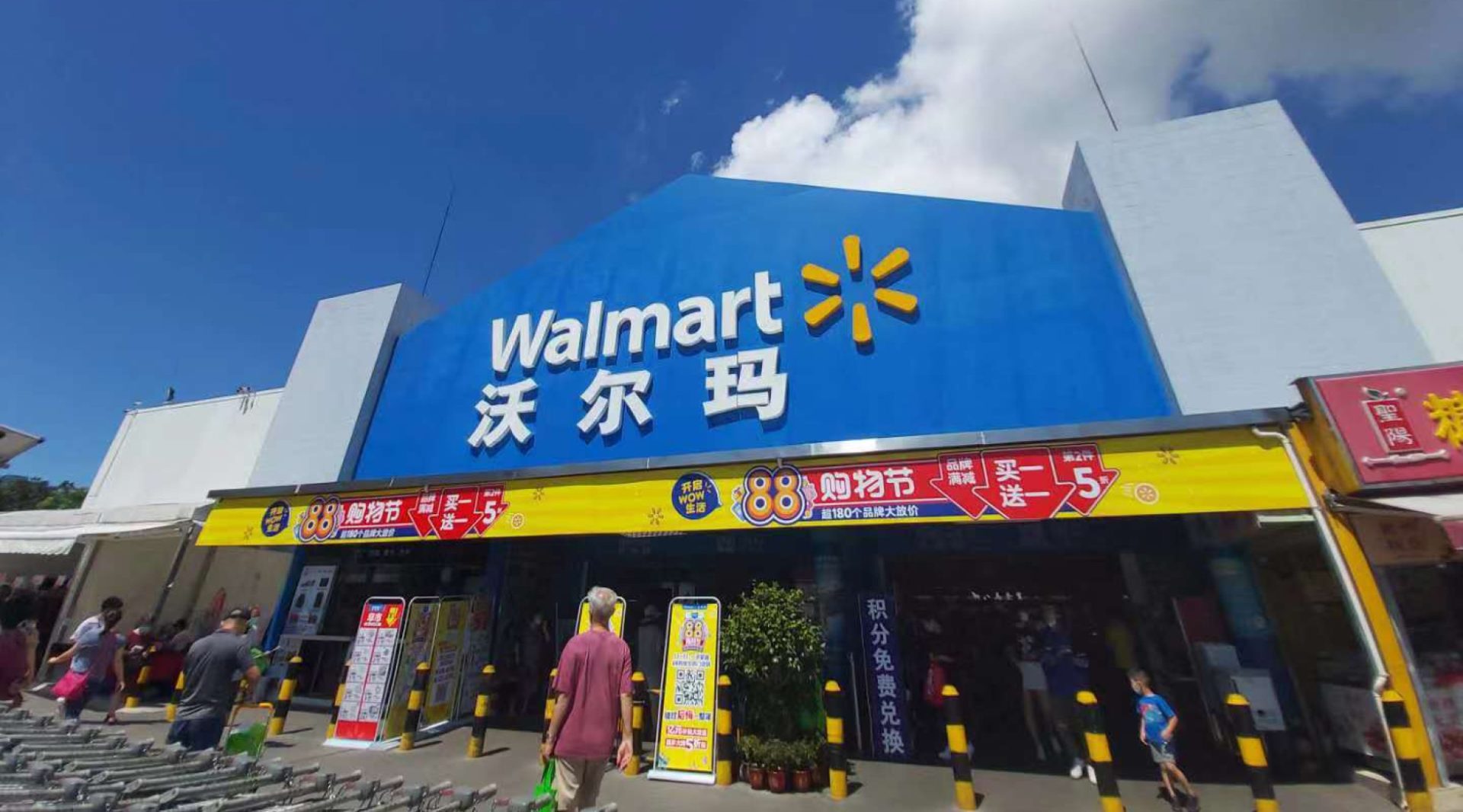Stay on the beaten track
To be successful in China, some foreign investors have opted to buy up a slice of U.S. companies who already have a large footprint in the nation.

There is an entire corporate strategy consulting business built on the notion of failing, but that’s not what this article is about. There is a wealth of literature about doing business in China, such as Shoe Dog by Phil Knight or Mr. China by Tim Clissold. Plenty has changed, a lot has not.
Some investors who are keen on taking a slice of the China pie have adopted the view that investing in U.S. companies with a large China footprint is the best way to go: As the phrase goes, “here be dragons.”
Take Didi for example: In 2013, a year after the ride hailing app launched, Uber entered China. Uber proceeded to spend money, underestimate complexity, use foreign payment systems, and open themselves up to fraud and regulatory risks. At that time Uber China was losing upwards of $100 million a month, enough to warrant a Harvard Business case.
Eventually, Uber’s top dogs capitulated and sold to Didi in 2016, opting to buy up a 19% stake in the Chinese ride-hailing firm worth approximately $1 billion at the time of the transaction. Fast forward to Didi’s IPO in 2021: That stake was worth $8 billion. A mere 12 months later, that current position has now decreased to $1.3 billion.
Similarly, Walmart entered China with plenty of optimism and a massive hyper market in Shenzhen in 1996, but its primary business has been limping around the mainland since. Ironically, Walmart found its greatest success through investing and partnering with competitors.
As far back as 2006, Walmart purchased 35% of Taiwan-based Trust-Mart, which operated 100 stores on the mainland. Five years later, Walmart made perhaps its most profitable deal, investing in and then outright purchasing online platform Yihaodian, which in turn partnered with and invested in JD in 2016. That initial investment of $1.5 billion and a following investment in 2017 is now worth almost $10 billion — even after a 25% sell-off in JD stock, and while Walmart’s core business is shutting retail stores, which are down 15% from a peak in 2017.
Last, but not least, JP Morgan (JPM) highlights the challenges that foreign firms face when entering an already competitive industry. JPM first inked a joint venture with Shanghai Trust in 2004 to start an asset management business. At the time it was the 37th license granted by Chinese regulators, compared with the first license that was issued a short six years earlier in 1998.
China Merchants Bank (CMB) might be called the JPM of China as they arguably have the strongest wealth management business and, through various entities, can offer financial products and services of almost every kind. CMB Fund Management was granted a license 15 months earlier than JPM. At that time and to this day, CMB maintains a close relationship with the Shenzhen government, but also enjoys massive brand recognition throughout China.
Almost 20 years later, CMB manages $150 billion equivalent, while JPM manages $20, about as much as their U.S. Large Cap Equity Mutual Fund. Incidentally, CMB also has a bank fund management company, which is separate from their asset management company and which manages $320 billion. In other words, CMB and JPM are not competing in the same league on the mainland: Since 2004, China Merchants stock is up 825%, while JPM is up only 240%.
Many of these examples end, or more accurately, restart the same way, with a foreign firm investing in a Chinese entity. In March of 2021, JP Morgan bought 10% of CMB for $410 million.
A-Share Intelligence is a weekly column.






